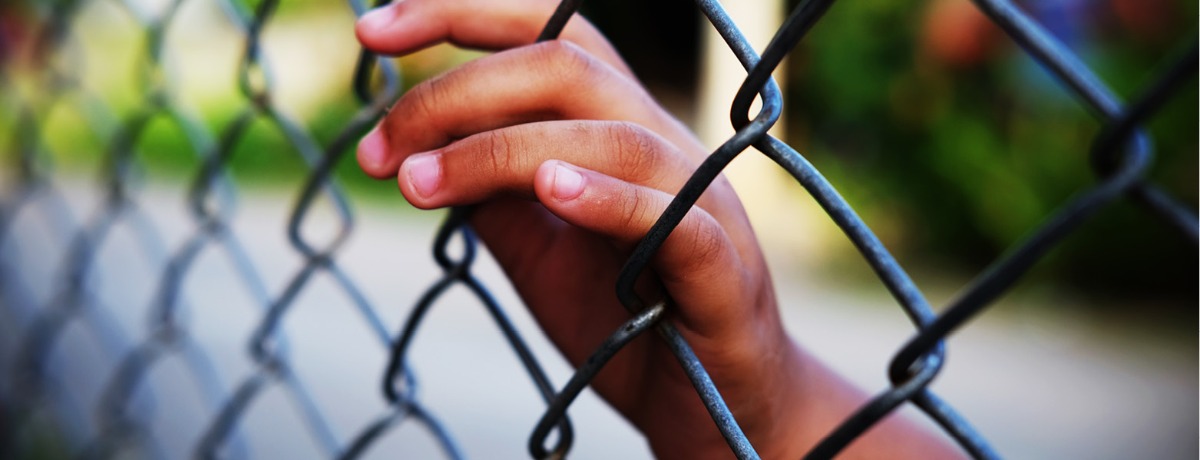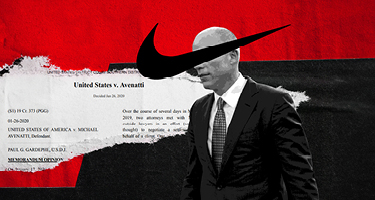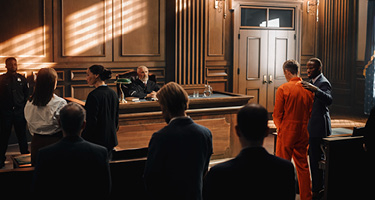School shootings since Columbine have placed everyone with any connection to any school environment on high alert. As a society, for both better and worse, we have remained in a perpetual state of alarm regarding violence prevention at schools. The list of those affected includes students, parents, teachers, administrators, school districts, politicians, and law enforcement. We are all scarred as a result of the constant barrage of serious injuries and fatalities in our schools, and fear that an absence of effective violence-prevention protocols will perpetuate, if not lead directly to, more violence.
As a result, we have become the ultimate reactionaries at every level of school safety. Following a violent episode, everyone who had any involvement whatsoever in the subject incident—and those even tangentially related to the parties—will be placed under a microscope for a spectacular, and usually public, dissection. Blaming “the other” for what transpired is the easiest and most convenient exercise in human nature when bad things happen. This is even more so when the societal root problems are too complex to conquer with unified mandate from the majority of our fellow citizens.
We cannot mandate that parents raise their children in nurturing environments any more than we can realistically restrict access to the weapons used in so many violent school incidents. Social media, mental health, access to weapons, bullying, and myriad other complex issues each are of critical and central importance to the plague of violence in our schools. One of many unique interested actors in this never-ending crisis is the law enforcement officer. Without dispute, he or she is the only person that most Americans agree should be armed with both the physical ability and societal mandate to intervene and prevent bloodshed.
It is the sworn officer who is perceived to be the first and last line of defense against the next unknown school shooter. His or her actions will be rightly analyzed against the best law enforcement practices, including training programs and response protocols in active shooter scenarios. Though the 6-year-old child arrested by Orlando Police Officer Dennis Turner cannot under any reasonable circumstances be accused of having incited a level of violence commensurate with a level of restraint rising to lawful arrest, it is against the backdrop of headline-grabbing mass shootings that this child was placed in handcuffs.
Zero-tolerance policies at school sound good. They are easy to implement, easy to enforce, and leave no room for subjective interpretation or judgment. When a police officer intervenes in a potentially violent scenario, and his or her commands are not followed, then the strictest interpretation of the law (on paper) allows that officer to follow whatever procedures he has been trained to follow. Assault is a crime. A battery is simply an unwanted touching. Though laws vary by state regarding when a person is capable of forming criminal intent, many first responders do not want to suffer the public indignity of being the weakest link in a possible tragedy that may have been prevented with the heaviest hand of law enforcement from the very beginning. Zero-tolerance brings the chances of escalation as close to zero as any policy possibly could.
However, as with any law, the law of unintended consequences is ever present, to analyze and critique the actions of a police officer when a zero-tolerance policy is then implemented, and when, in hindsight, the application of that policy is preposterous. In the Orlando case, the department quickly put its public information officers to work to let society and schools know that Officer Turner’s conduct was traumatic and unacceptable. However, the post-incident dissection must include an analysis of the training and cultural awareness failures within the department that led any officer to believe that the present situation warranted the incarceration of a 6-year-old child.
Implicit bias plays a major factor in the liability to which law enforcement may be exposed—whether policies are followed or not—when minority students are arrested under circumstances as ridiculous as those found here. When examining potential liability, the child’s advocate should obtain a comprehensive history of the officer involved, as well as all training programs and materials upon which the officer’s actions were based. While it is easy to fault the officer in this instance, potential liability does not necessarily stop with the finding that the officer was supposed to have obtained a supervisor’s approval to make the arrest. The stereotypes which plague young blacks and result in disproportionate arrests when compared to other groups are quantifiable in a litany of scholarly studies and reviews. The systemic failure to study and train officers on implicit bias and mental health issues increases the probability of results such as this.
If research demonstrates any history of similar abuse of power, either in the department or on the officer’s behalf, then the child and her guardians may have a legitimate, cognizable claim against all those involved in establishing the crime prevention program at this school. The Orlando Police Chief’s comments to media demonstrate the probability of a severe institutional failure in this case. According to WKMG Orlando, the Chief said that "The first transport officer was not aware an approval was not obtained, and the [other child] was processed through the Juvenile Assessment Center. The child was released to a family member a short time later.”
That other officers were involved in the detention and transport of these children to jail indicates that no one involved paused to consider the propriety of the arrest, or to verify compliance with procedures. Though police officers deal with violence every day, it is critical that those most closely associated with our children in school settings have received specialized training to keep the kids safe, both from violence and the school to jail pipeline. Acts of defiance are not automatically criminal – they are a part of the maturing process. Absent systemic checks of power on law enforcement and critical training, the fear of being part of the next school shooting story will cause more collateral damage than was ever intended.
“Christopher Marlowe is a partner at the Haggard Law Firm. Christopher handles a wide array of cases, including those involving negligent security, pool drowning, auto accident and wrongful death. His work as lead counsel on sexual assault, robbery, homicide and shooting cases, has led to security and safety improvements at commercial and residential properties throughout Florida.”
































